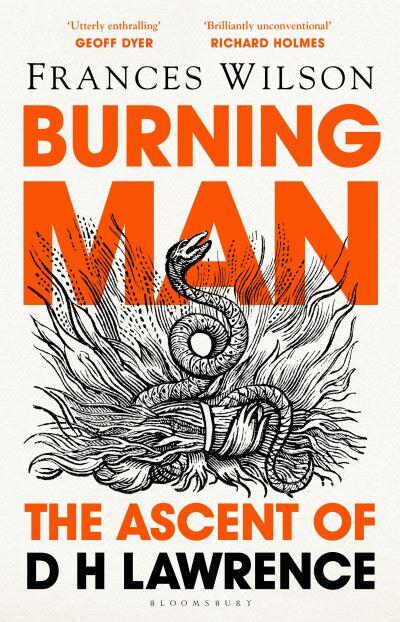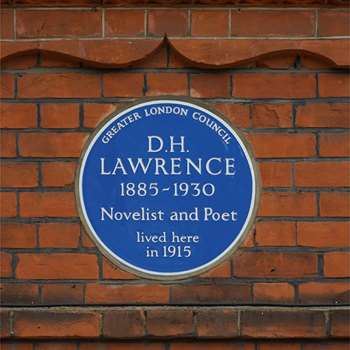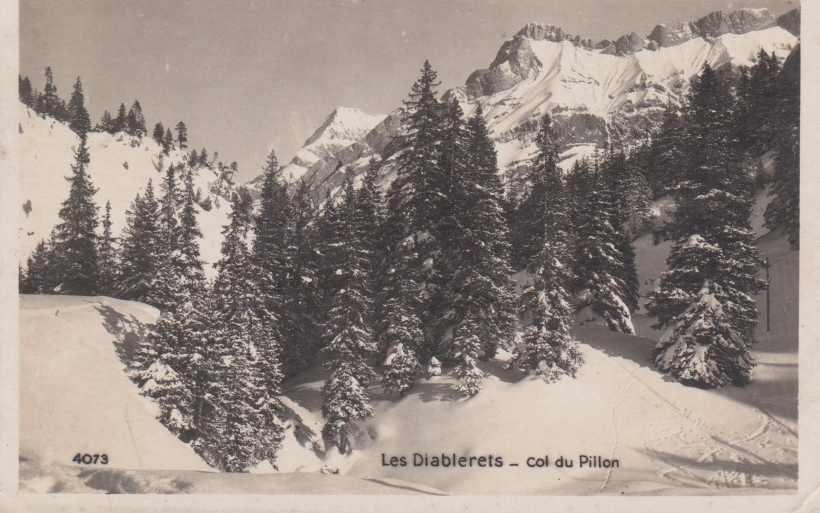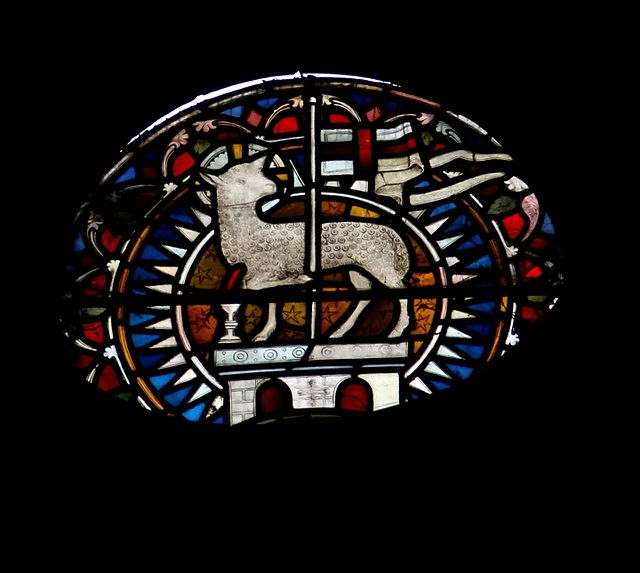The following short letter to Prospect magazine to Freya Johnston’s review of Frances Wilson’s 2021 biography of D. H. Lawrence, Burning Man was published in the print and online edition of October 2021, an editor having invited me to respond and ‘move the debate along’.
The killer conclusion of Johnston’s review of Wilson’s Burning Man – that the failure of the biography’s ‘governing idea’ to map onto life makes it ‘perversely unsatisfactory and entirely in keeping with its subject’ – misses the nature of Lawrence’s greatness. The ideologies voiced by narrator, poet or characters are always internally contradicted – passionate and experimental struggles into conscious being of which the failures are intrinsic to the successes. As Michael Bell writes, ‘his genius was primarily for life and being, flame-like values which are intrinsically fluctuating’. Therefore Wilson is right to urge the inseparability of Lawrence’s art and life: his love-making, arguing, horse-riding, writing were an unbroken continuum out of which he was not trying to create eternally-true art but (in the words of his preface to Pansies) ‘thoughts that are true while they are true’, ‘one eternal moment easily contradicting the next eternal moment’. More than just believing ‘in the blood’, Lawrence had a constant sense of the marvel of being alive: ‘To have one’s pulse beating direct from the mystery, this was perfection’. TS Eliot rightly thought of him ‘neither as an artist, nor as a man who failed to be an artist’ but a ‘researcher into religious emotion’.




